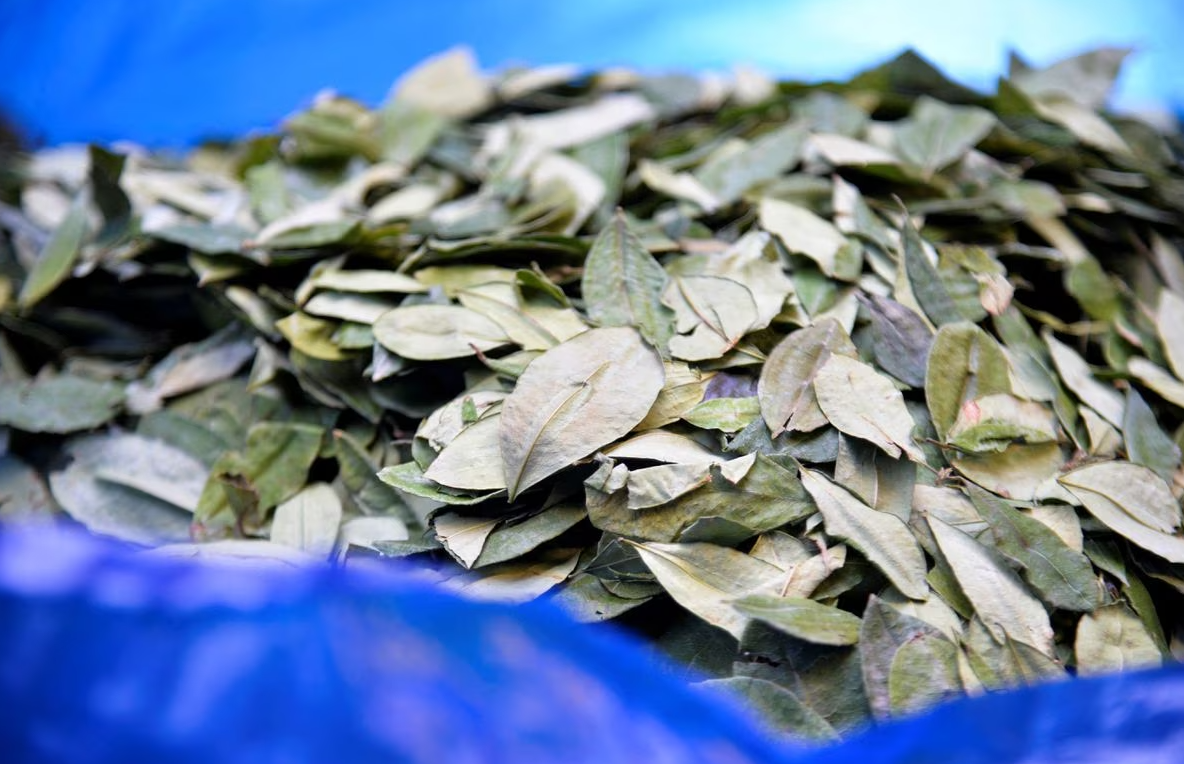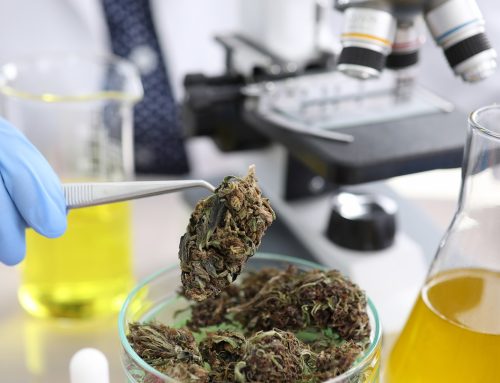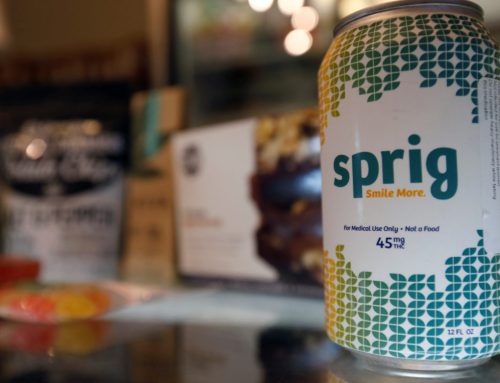Filament Health Subsidiary, Psilo Scientific, Acquires Coca Leaves for Neuropsychiatric Research
VANCOUVER, — Magdalena Biosciences, in collaboration with Filament Health and Jaguar Health Inc., has imported coca leaves into Filament’s research facility located in Vancouver. The acquisition, facilitated under the authorization of the Peruvian Health Authority, is sourced from Peru’s sole approved coca distributor, Empresa Nacional de la Coca (ENACO).
The coca leaves, now overseen by Psilo Scientific, a subsidiary of Filament Health, will propel research into potential neuropsychiatric applications.
Filament CEO and Magdalena board member, Benjamin Lightburn, lauded the import as a monumental achievement. He stated, “This import… affirms our ability to develop productive relationships with government agencies globally.”
Both Magdalena Biosciences and Filament Health are diligently working to ensure full alignment with the Nagoya Protocol. This international agreement emphasizes the equitable use of genetic resources and acknowledges the traditional wisdom of local indigenous communities.
The main thrust behind the creation of Magdalena Biosciences was to delve into the realm of plant-derived medicines targeting mental health disorders. This fresh coca leaf import dovetails with their existing research objectives.
Richard Caballero, ENACO’s director of industrial commercialization, commented on their commitment to maintaining rigorous regulatory standards, praising the organizations’ “efforts to ensure… full compliance with the Nagoya Protocol in Peru.”
The coca leaf’s integration into the Vancouver facility emerges in the backdrop of Canada’s move to decriminalize possession of specific controlled substances in minor quantities. This decision covered a spectrum of drugs, from cocaine and methamphetamine to opioids like heroin.
Earlier this year, another significant announcement came from Adastra Holdings Ltd. (CSE: XTRX) (FRA: D2EP) based in British Columbia. They declared that the federal government had granted them permission to market cocaine and psilocybin. However, it was made clear that such sales would be strictly restricted to designated entities like pharmacies, hospitals, and researchers.
With these developments, Canada seems poised to reshape its approach to drug research and its potential therapeutic applications.



































